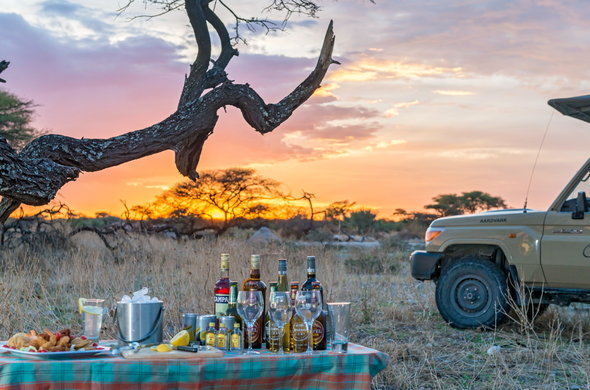Many animal species across the world are on the brink of extinction, due to climate change, pollution and humans, in general. According to a new and sobering report by the World Wildlife Fund (WWF), our planet has lost 60 % of its vertebrate animals since 1970. The 2018 Living Planet Report reveals the troubling extent of this and other environmental crises around the world, but it also sheds light on the ways we can still protect and rehabilitate what’s left.
While it’s not uncommon for a liquor or wine brand to sponsor the odd fundraiser, there are some brands that go above and beyond to help in animal conservation. These are some of the booze brands working hard to protect threatened and endangered species.
Amarula Cream Liqueur
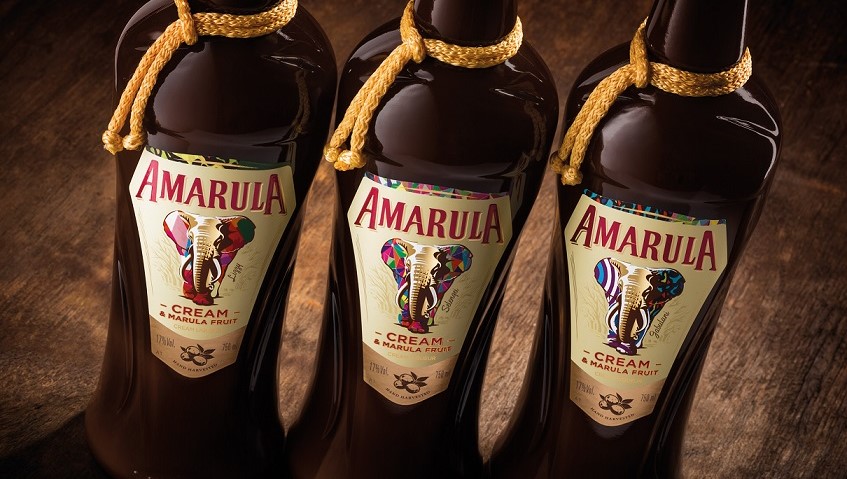
The African elephant has been the symbol for Amarula Cream Liqueur since its inception, and Amarula takes its name from the Marula trees, which bear fruit once a year. In October 2016, the South African brand launched its “Name Them, Save Them” campaign with WildlifeDirect – an ambitious effort to give a name to every surviving African elephant in the wild. The latest wildlife census information puts the number of African elephants living in the wild at around 400,000, a staggering decline from just a decade ago. Between 2010 and 2014, the price of ivory in China tripled, driving illicit poaching through the roof. Today, 96 African elephants are killed each day by poachers seeking ivory, meat and body parts. That equates to one every 15 minutes; that’s 35,000 every year.
“Name Them, Save Them” started when Amarula launched the campaign with a webisode shot in Kenya’s Amboseli National Park which directs viewers to a virtual digital Savannah. This on-line effort allowed an international audience to visit a digital African Savannah where they could design and name a virtual African elephant. Participants could then share their named elephant with friends and family as a means of raising awareness to the plight of these intelligent and magnificent animals.
In Phase Two, the digitalize pachyderms created by the cream liqueur’s on-line audience are brought to life by putting a named elephant and information regarding the animal on the labels of 400,000 individualised Amarula bottles – one bottle for each of the earth’s remaining African elephants.
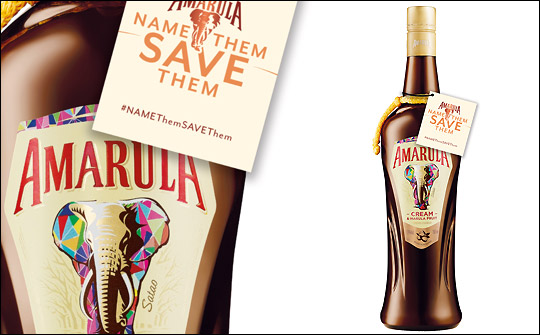
The proudly South African brand has launched various initiatives to raise awareness for the conservation of the African elephant and plans to continue their work in this field.
Gray Whale Gin
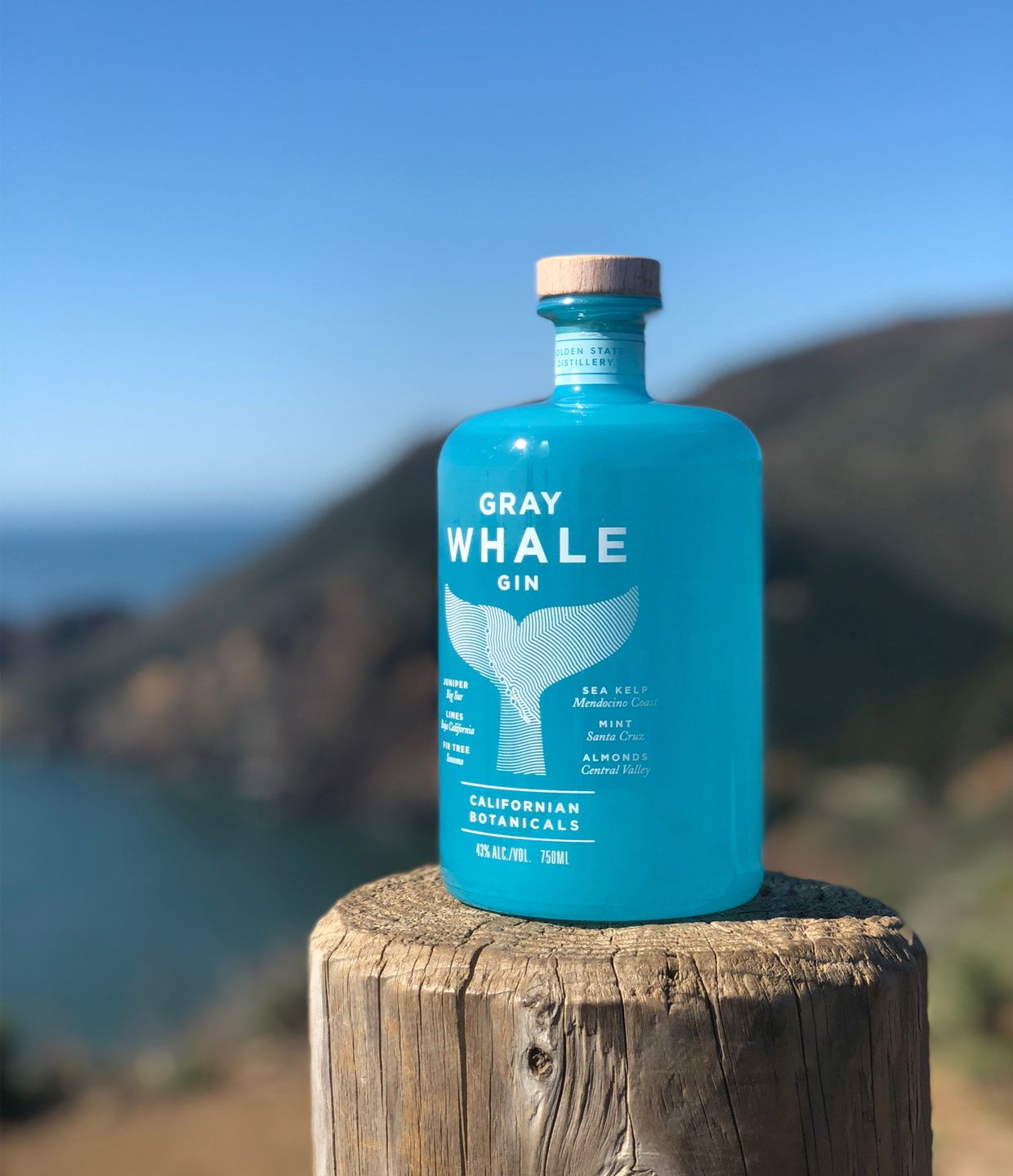
One of the ocean’s largest, in the form of the Gray Whale, are being found dead on West Coast beaches at a rate not seen for 20 years, with climate change as the most likely culprit. In 2015 husband and wife Jan and Marsh Mokhtari went on a trip to Big Sur with their two little girls. It was here where they came to the realisation that they want to help protect the California coastline, so they crafted a gin.
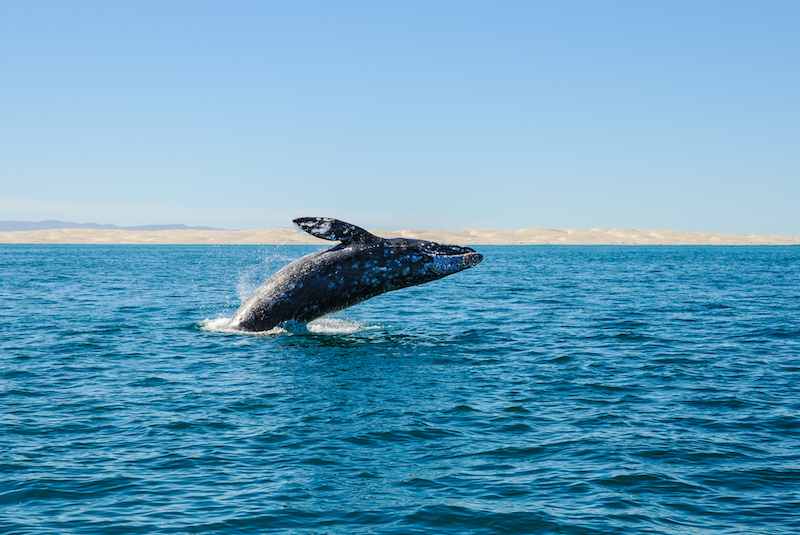
Gray Whale is produced at California’s Golden State Distillery, is a “new western”-style American gin with a focus on sustainability, designed with such features as organic paint and a 100% biodegradable cork. The company also participates in the 1% for the Planet campaign, donating a portion of every bottle sold to the conservation organization Oceana.
Leopard’s Leap Wines
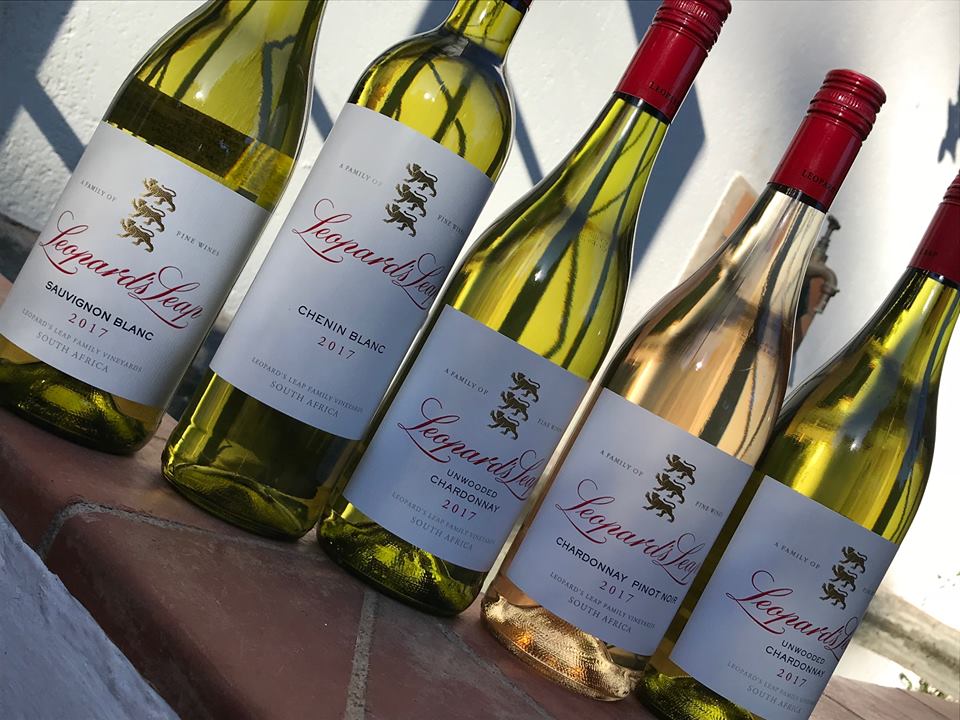
Over the decades, the Rupert family has displayed a sincere commitment to conservation and environmental care, with their wine brand Leopard’s Leap donating close to half-a-million rand per annum to the Cape Leopard Trust. The NGO aims at optimally facilitating the conservation of the Cape region’s predators, in particular, the endangered Cape Mountain Leopard.
The elusive and adaptable nature of this scarce predator has helped it to escape local extinction thus far, unlike the Cape lion which vanished forever in the mid-1800s. A few isolated populations, estimated at about 1000 Cape mountain leopards are still to be found scattered in some of the remote and rugged hills of the eastern, northern and western Cape of South Africa.
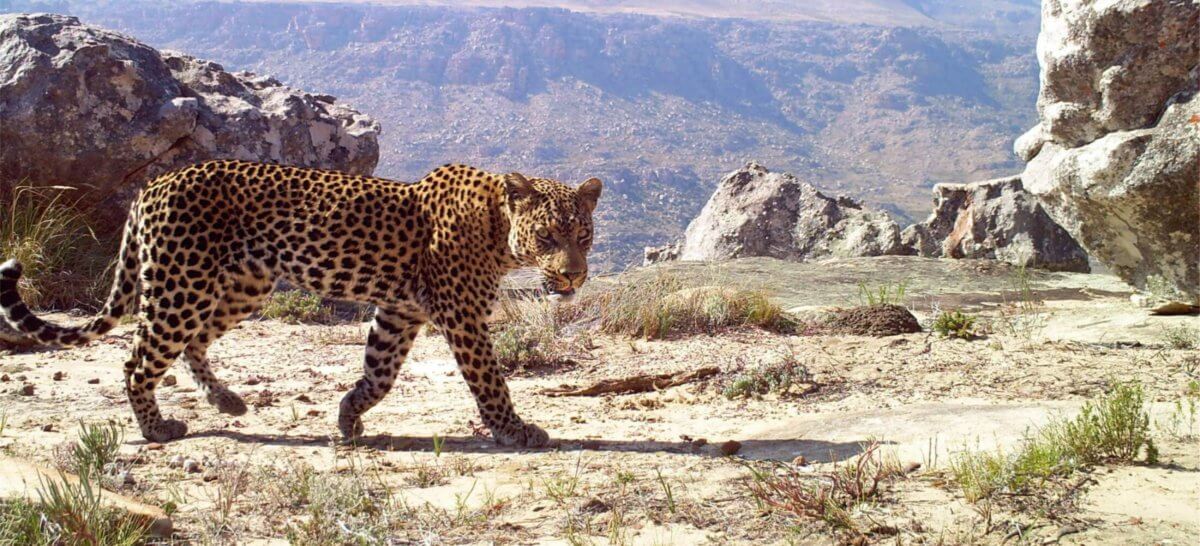
Farmers and their livestock are mainly to blame for the depleted numbers of this beautiful Felidae but contrary to popular belief, the preferred diet of Cape leopards consists of porcupines, dassies and klipspringers. Livestock is not a common choice for leopards unless food is scarce and there is an easy opportunity.
Leopard’s Leap was the first company who offered sponsorship the not-for-profit organisation’s first Charity Fundraising Auction, held back in 2004. Symbolic of its commitment to the conservation of the Cape Mountain Leopard, Leopard’s Leap “adopted” three leopards roaming the Cederberg mountains. During 2011 a further three leopards, with the Franschhoek/Wemmershoek mountain ranges as their habitat, were adopted under the same conservation initiative. They have been named Nala, Enzo and Sheeva.

The three leopards adopted by Leopard’s Leap under this initiative are featured on bottle packages of this edition, comprising a Cabernet Sauvignon, a Merlot and a Shiraz.
Wildlife Wine Club
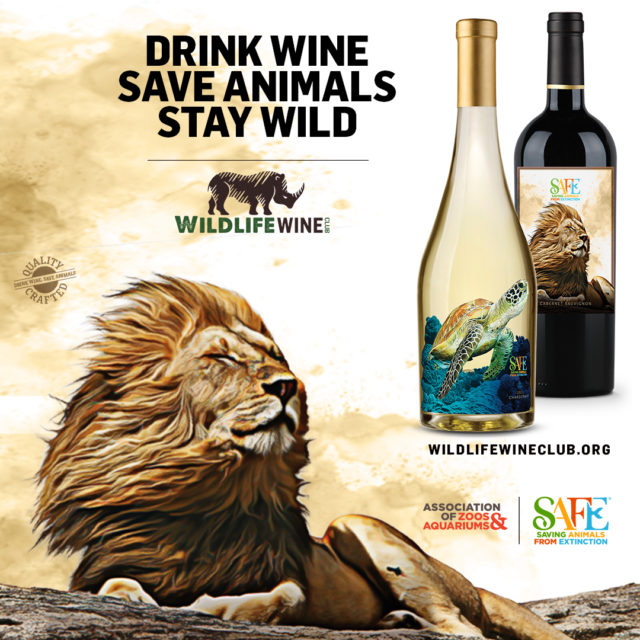
Wildlife Wine Club, in partnership with the Association of Zoos and Aquariums, has launched a new series of wines, designed to support AZA SAFE: Saving Animals From Extinction®, on Endangered Species Day 2019.
The wines feature animals threatened with extinction. 100% of AZA’s net proceeds support SAFE conservation programs and animal welfare worldwide. Inspired by AZA and its members’ determination to save species at risk of extinction, AZA-accredited zoos and aquariums work together with partners like the Wildlife Wine Club to advance the recovery of wildlife worldwide. SAFE species programs combine the power of zoo and aquarium visitors with the resources and collective expertise of AZA members and partners to save animals from extinction.
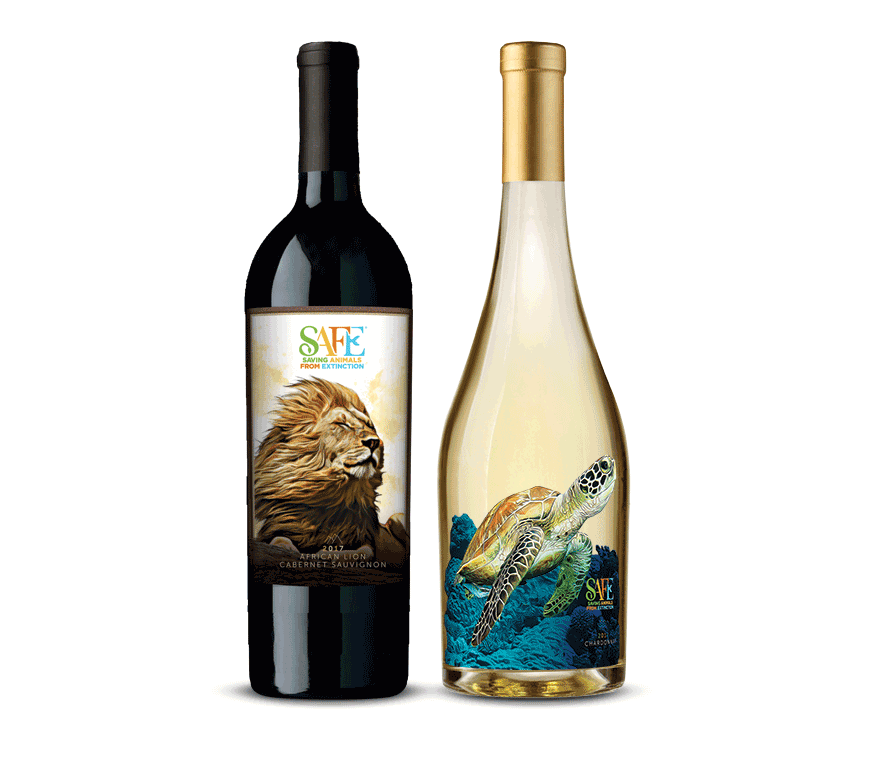
The first two releases, the African Lion Cabernet Sauvignon and Sea Turtle Monterey Chardonnay, feature endangered species that need protection now. Lovers of animals and advocates for endangered species can purchase these wines at Wildlifewineclub.org and 100% of AZA’s net proceeds will fund projects to protect SAFE species.
Graveney Gin
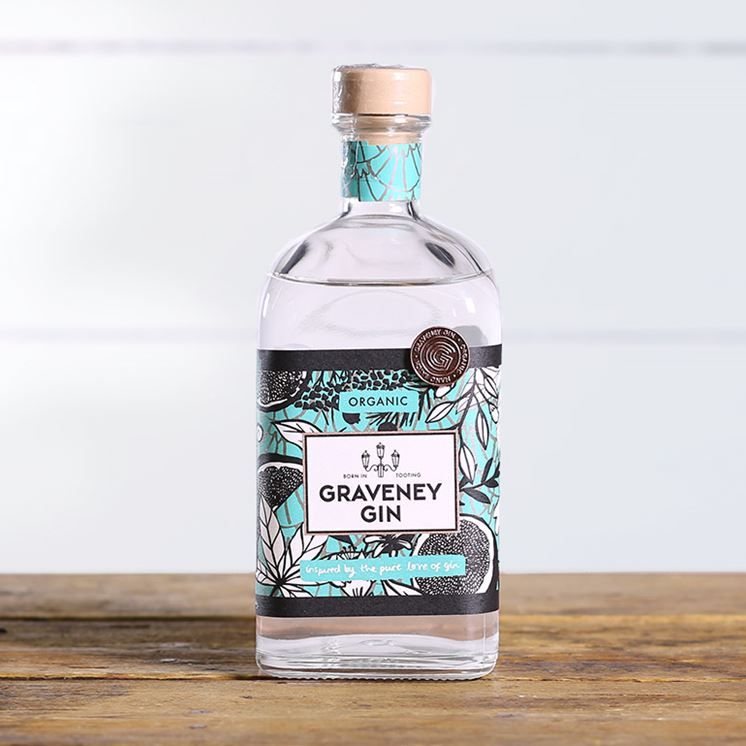
This London-based gin distillery may be very small, producing their organic gin in batches of only 30 bottles at a time, but they’re still making a mighty difference.
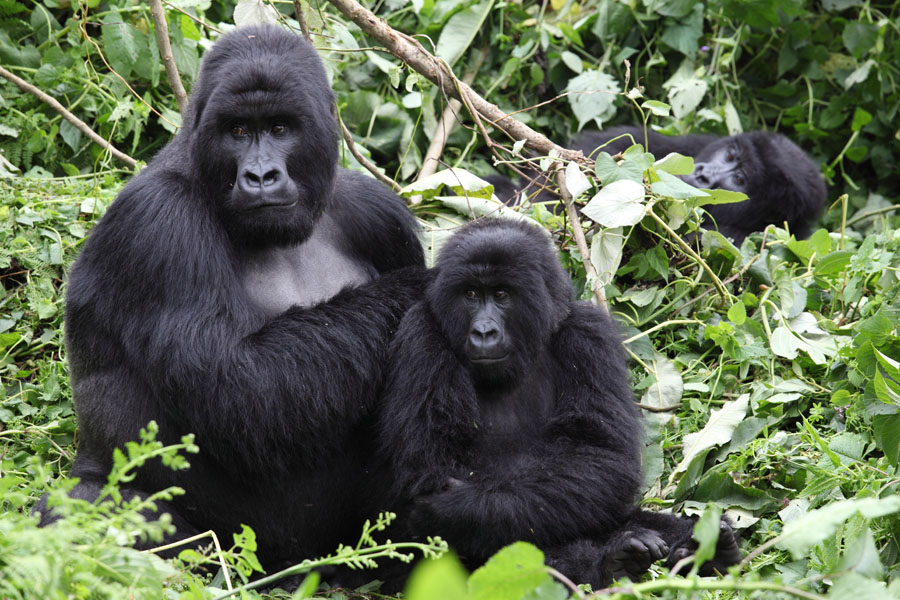
More than 150 rangers have been killed protecting the Virunga national park, which covers an area three times the size of Luxembourg, over the past twenty years.
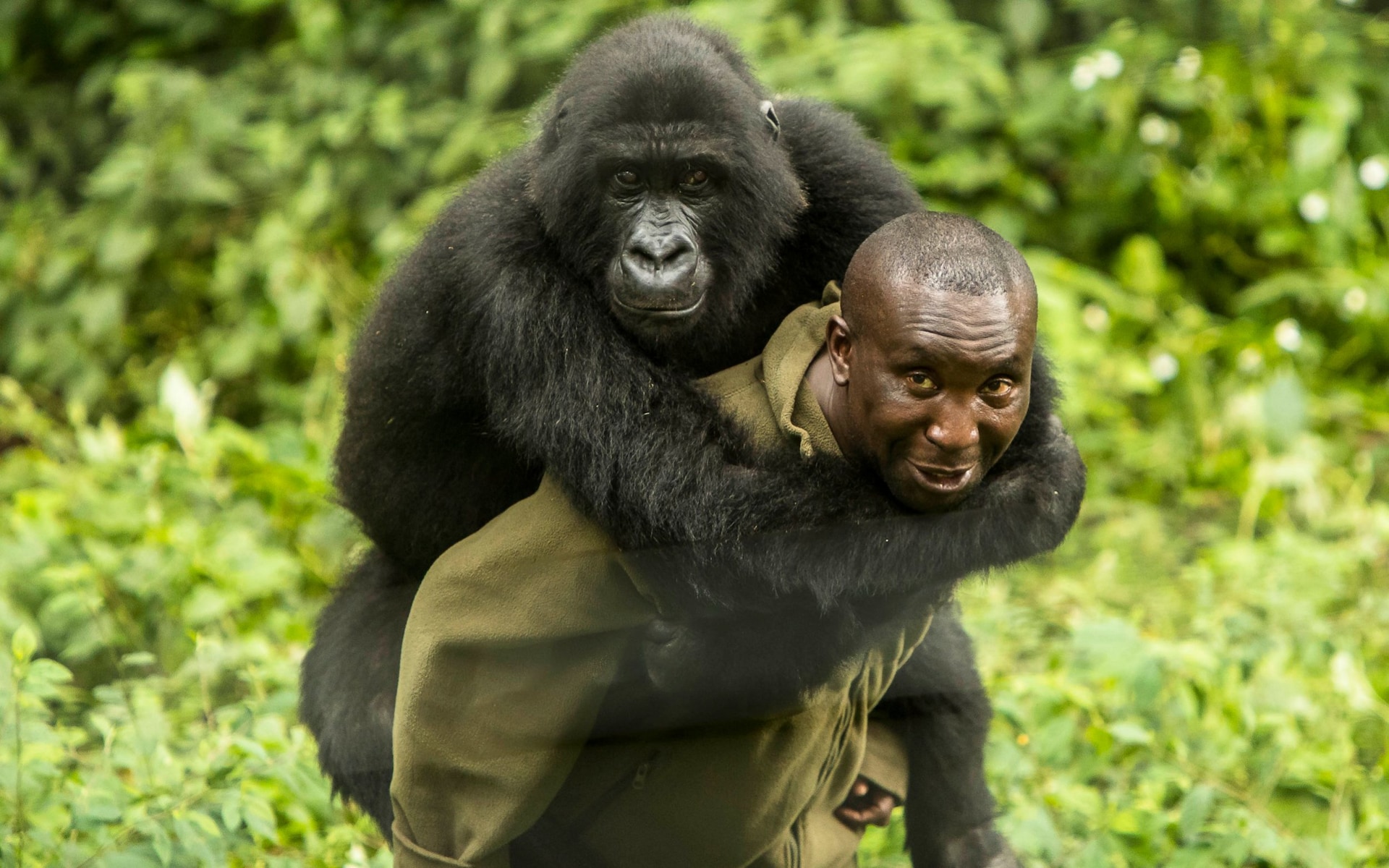
Graveney Gin gives 10% of all profits to a conservation charity called Gearing Up 4 Gorillas. This 100% non-profit charity protects, educates & care for the rare mountain gorillas in Virunga National Park, Eastern DR Congo including the rangers who dedicate & risk their lives to look after them.
Tiger Rum
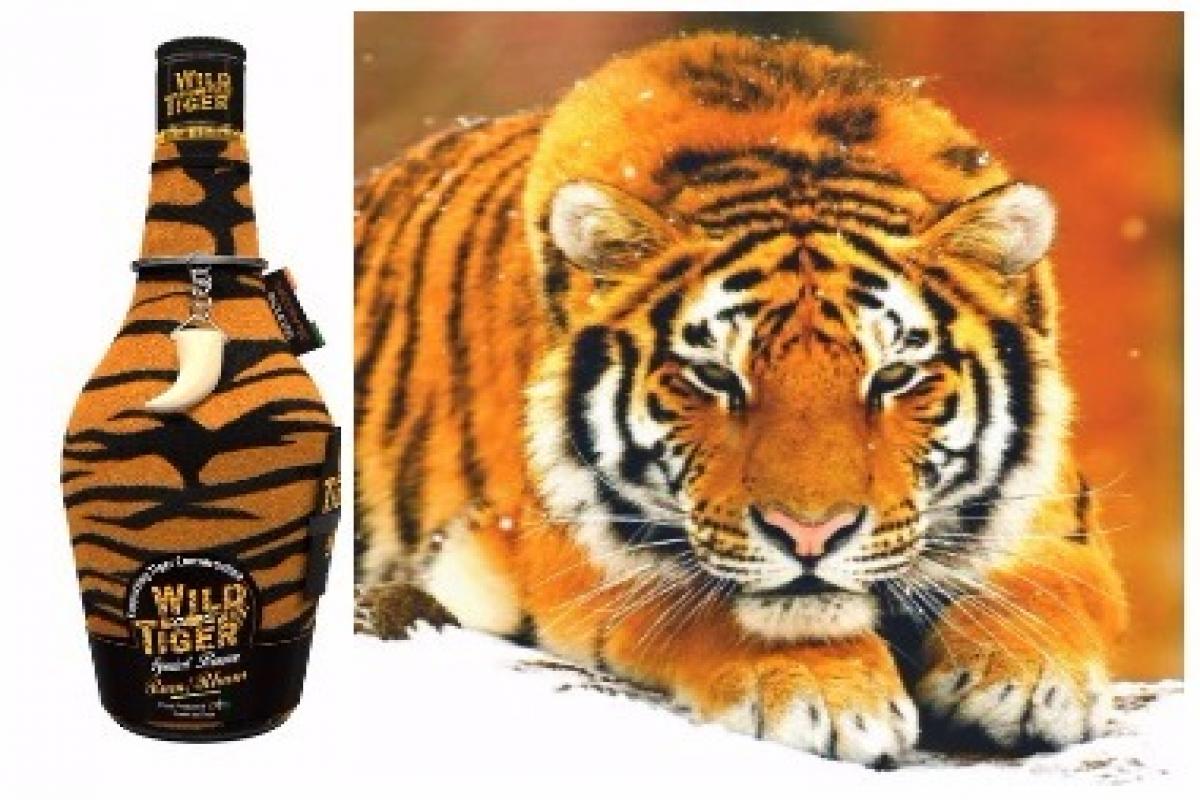
From the land of the Tiger – India, this exotic premium Rum is the brainchild of Indian Drinks entrepreneur Gautom Menon. The brand donates 10% profits towards the conservation of Tigers by way of the Wild Tiger Foundation which aims to save the tiger and its habitat in Southern India.
Humans are the tigers’ most significant predator, and illegal poaching is a major threat to the tigers. Hunting and habitat loss reduced their population in India from 40,000 to less than 1,800 in a mere hundred years. A century ago, it is estimated that there were over 100,000 tigers in the world; now, global numbers may be below 2,500 mature breeding individuals, with no subpopulation containing more than 250 mature breeding individuals.

Tiger bones and nearly all body parts are used in traditional Chinese medicine for a range of purported uses, including pain killers. There is no scientific corroboration to these beliefs.
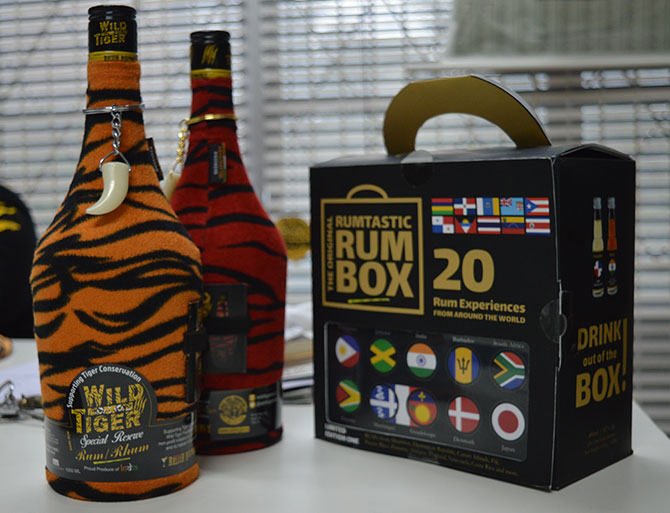
When it comes to Tiger Rum, everything is sourced from in or around the distillery in Kerala or Coimbatore, like the labels and keyrings. The easiest thing to have done would have been to get on a plane to China and outsource everything, but because Indian tigers are largely compromised because of the Chinese, the company decided to not source anything from there.
Rhino Tears
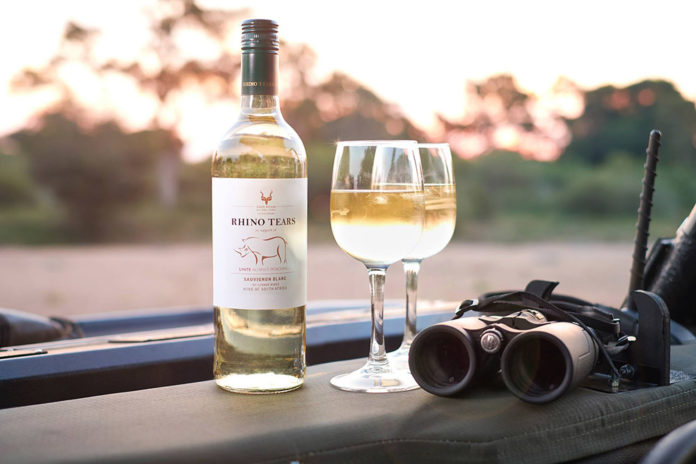
Through the sales of their proudly South African red blend and sauvignon blanc, Rhino Tears has raised R2 million ($30,000) in support of the SANParks Honorary Rangers.
John Hooper is the founder of Rhino Tears that launched the wine brand in 2014 as a conservation effort to protect the endangered species. Today, the poaching of rhinos in South African national parks continues to be a cause of concern. However, despite the alarmingly high number of animals killed each year, statistics show it may finally be decreasing.
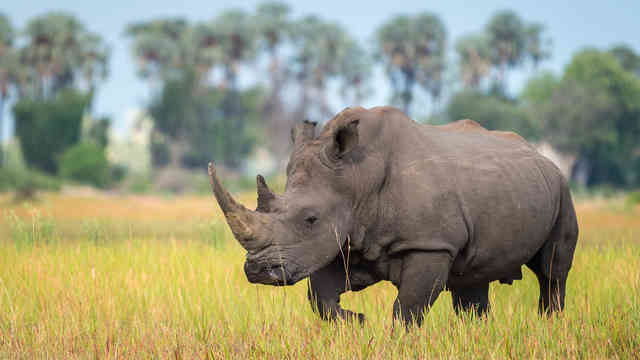
The reduced numbers of incidents are as a result of the introduction of hard-hitting measures that have been put in place, thanks to organisations like the SANParks Honorary Rangers, along with the enterprises who fund them, such as Rhino Tears wine.
R15 ($1) from every bottle sold is donated to the SANParks Honorary Rangers. This money, and the money collected from numerous other generous donors, has helped them fund and operate some of the most successful anti-poaching efforts in South Africa to date.
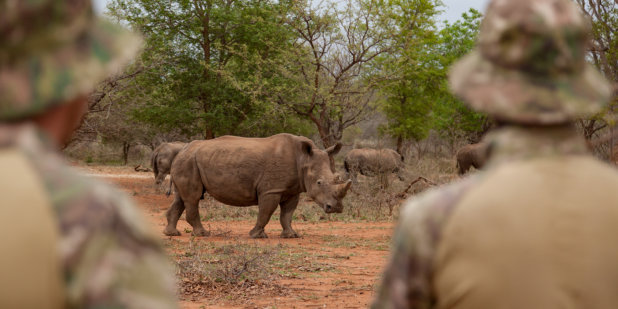
Rhino Tears isn’t about making money, it’s about creating change and giving people the chance to get involved with something important. The beauty lies in the fact that wine lovers can enjoy a great glass of wine, while knowing that they’ve contributed to a great cause. The funds raised are used to train rangers on the frontline of the anti-poaching interventions and purchase gear that allows them to survive in the bush for long periods while tracking poachers.
The Naked Turtle White Rum

This Caribbean-based rum brand helps save the sea turtles featured on their label through their partnership with the Sea Turtle Conservancy to save baby sea turtle hatchlings. So far over 250,000 turtles have been saved to date.
Since its founding, STC’s research and conservation initiatives have been instrumental in saving the Caribbean green sea turtle from immediate extinction, as well as raising awareness and protection for sea turtles across the globe.
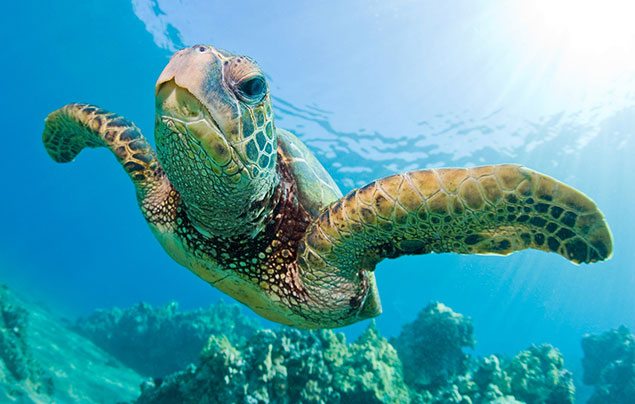
On World Sea Turtle Day in 2017, the rum brand announced their ‘Every Bottle Saves a Turtle’ initiative. It is estimated that only one out of every 1,000 sea turtle hatchlings actually survives into adulthood and The Naked Turtle wants to help out everyone’s favourite flippered friends and improve that stat today!

